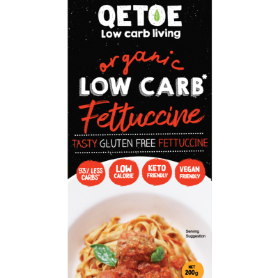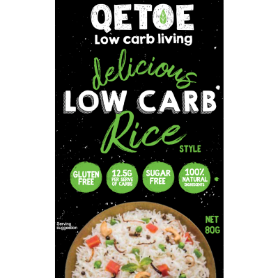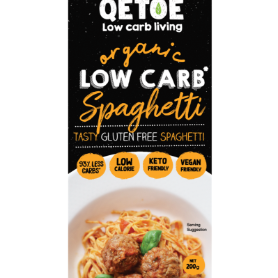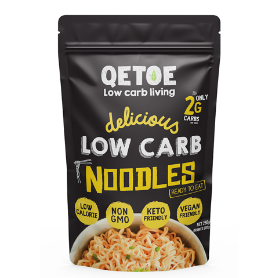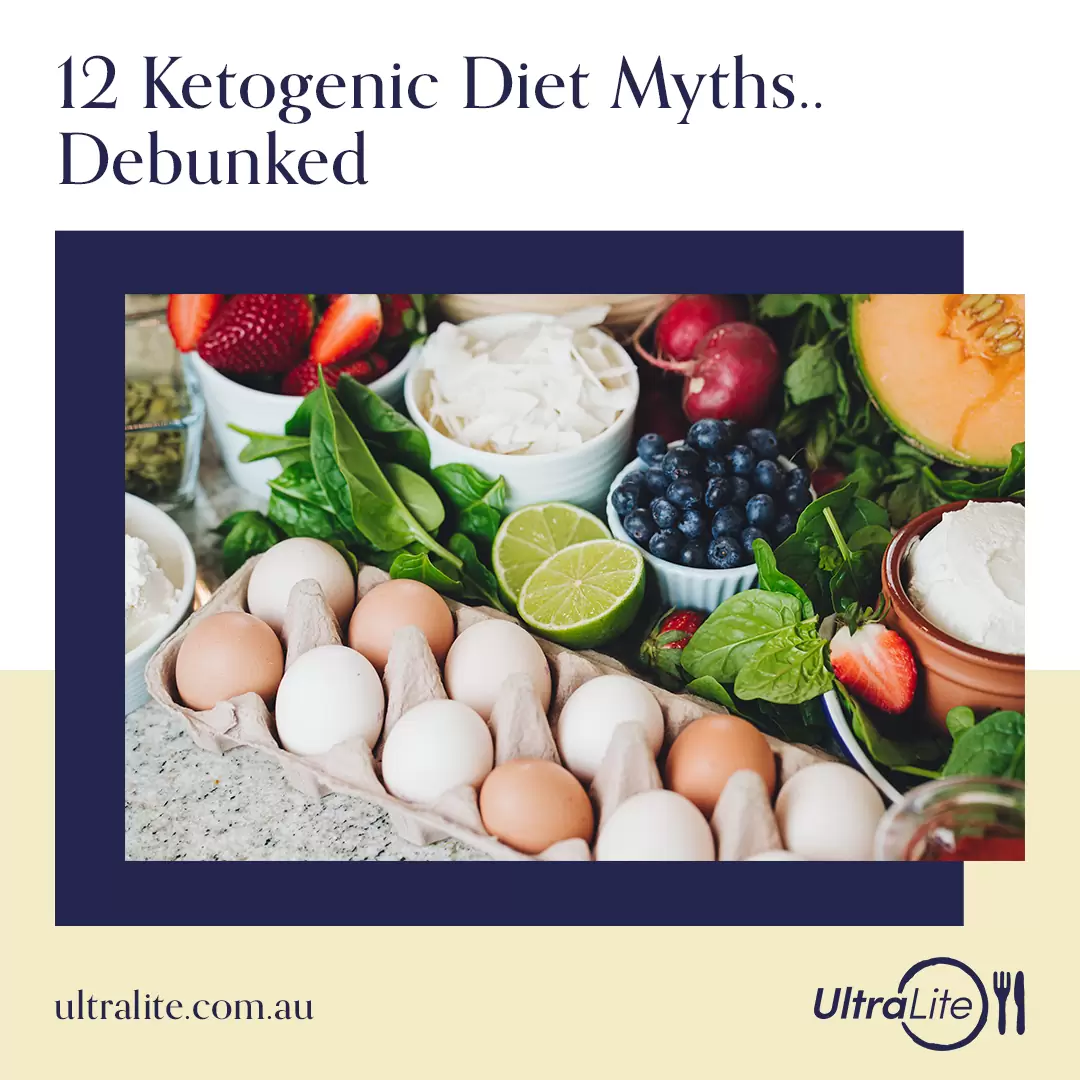Some diets go in and out of fashion pretty quickly – and there always seems to be a new fad diet on the rise. The ketogenic diet is not new but has garnered popularity in recent years. But just like other diets, it has faced criticism, with many mixed messages and myths being shared.
The truth is, following a ketogenic diet is incredibly beneficial for our bodies and there is a lot of misinformation out there. Allow us to debunk 12 of those mysterious myths so that you can positively transform your body from the inside-out.
1. Keto and Low-Carb are the same thing
A keto diet and low-carb diet are similar, but they’re not the same. A low-carb diet has a slightly higher carb intake, but not enough to keep your body in full ketosis. To put your body in a state of ketosis, you need to consume below an average of 50g of carbs per day.
2. Keto Will Cause Diabetic Ketoacidosis
A ketogenic diet will not cause diabetic ketoacidosis. These are in fact two different conditions entirely. Nutritional ketosis is what is reached on the Ultra Lite Program and when eating a ketogenic diet. It is a healthy and controlled way of producing ketone bodies for energy via the breakdown of our body’s stored fat cells into ketone bodies, which are then converted to long-lasting energy.
Diabetic ketoacidosis is a dangerous condition that can occur in those with type 1 diabetes, where the body’s lack of insulin can cause the life-threatening condition of ketoacidosis.
The Ultra Lite program and a ketogenic diet is safe for people with Diabetes.
3. You Lose Muscle Mass on Keto
Because of the similarities between nutritional ketosis and fasting, some believe that a long-term ketogenic diet can lead to loss of muscle mass. But in fact, eating a clean keto diet that is abundant in protein is beneficial for your muscles. Along with strength training, a keto program such as Ultra Lite can increase the body’s lean muscle content.
Many Ultra Lite Practitioners have conducted muscle mass measurements on clients before and after they've completed the Ultra Lite program and these have shown no loss of overall muscle mass.

4. A Keto Diet Isn’t Sustainable in the Long Run
Following a structured ketogenic plan will require resilience and diligence as you fuel your body with the right foods. But some people believe it’s difficult to stick to, unless you have the right support. It’s important to view a ketogenic diet as a lifestyle change, rather than a quick way to lose weight.
5. Eating Too Much Fat Will Increase Cholesterol and Cause Heart Disease
Cholesterol gets a bad rap. In fact, cholesterol is vital for the body – and nearly every cell within it. Many people with heart disease have normal cholesterol levels and many with high cholesterol levels have healthy hearts. Eating low-carb and healthy fats helps reduce triglycerides (which affect heart disease), reduces blood pressure and helps the body maintain a healthy level of cholesterol.
It is also important to recognise that not all Ketogenic diets are high-fat diets. The Ultra Lite program is a 'clean keto' diet which is not high in fat.
6. There’s No Science Behind the Keto Diet
Some people say that the ketogenic diet is just another fad and there’s no science behind it. This is not true. There have been countless scientific studies that have proven the diet helps people lose weight healthily, while improving serious health conditions.
The Ketogenic diet was originally developed in the 1920s for the treatment of epilepsy and incorporates a variety of foods and nutrients that the body needs for optimum health.
7. Keto Diet Doesn’t Have Enough Fiber
By eating a healthy variety of low-carb, keto-friendly foods, you can easily consume enough fiber when you’re following a keto program. Make sure you’re eating different types of vegetables, nuts and seeds to increase your fiber intake.

8. A Ketogenic Diet Isn’t Varied in Food Choices
The keto diet isn’t about restricting the types of food we eat, it’s about restricting the types of products we eat. Most foods found in a supermarket are processed and packed with unhealthy sugars. The Ultra Lite Keto Program, on the other hand, is about eating a huge variety of healthy foods that help our bodies function at its best.
9. Keto Will Cause Inflammation
The ketogenic diet doesn’t increase inflammation – it decreases it. Eating a diet that is high in carbohydrates, unhealthy fats, and processed can increase inflammation and be detrimental to our health, causing serious health conditions. Eating a clean keto wholefood diet will reduce this.
10. You Need At Least One Month To Get Into Ketosis
You don’t need one month to get into a state of ketosis. In fact, you can experience ketosis within 24 hours. It takes a few weeks for your body to become fully fat-adapted, but by following a structured program, your body will experience an increase in the secretion of ketones within just a day or two.
On the Ultra Lite program, clients start to measure their ketone readings from day 3 on the program.
11. A keto Diet Doesn’t Provide Enough Glucose/Carbs for the Brain
Some people believe that a keto diet will limit brain function because it is low in carbohydrates (and glucose). As a matter of fact, your brain, which normally runs off glucose as its main source of energy, is instead optimised on ketones, which can provide upto 70% of the brains energy needs. Leaving you with longer lasting energy, which in turn prevents the brain fog and fatigue, which are common with a high processed carbohydrate diet.
Many people on a ketogenic diet advise that they have better concentration levels, feel they are able to focus more on tasks and are emotionally more stable.
12. Keto Diets Are Dangerous
This is also not true. There are some people who think eating low carb means you’re in ketosis at all times, or that the ketogenic diet doesn’t provide healthy vitamins and minerals. By following a structured and supervised ketogenic diet program with a trained practitioner, you can enjoy a wide range of delicious and healthy foods, enabling your body to perform and feel at its very best.


